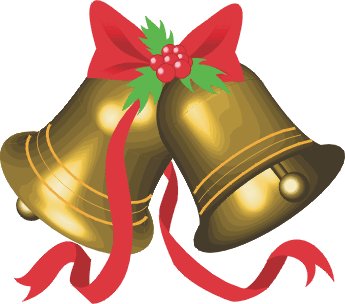The year begins with plenty of conferences, webinars, workshops and events taking place all over the world!
8
Translation Technology Showcase, TAUS, webinar
9
TAUS Dynamic Quality Framework Users Call, TAUS, webinar
9-10
Colloquium “Performativity and Translation” at the Hong Kong Baptist University and City University of Hong Kong in Hong Kong
9-12
Modern Language Association (MLA). 129th MLA Annual Convention. Chicago, IL. USA
15
Conference: 2nd Networking event for Hotel & Tourism industry translators
Online: SDL MultiTerm 2014 for Translators and Project Managers
Online: SDL Trados Studio 2014 Getting Started Part 1: Translating
Online: SDL Trados Studio 2014 Intermediate
16
L20n: Next Generation Localization Framework for the Web, The International Multilingual Computing User Group (IMUG), San Jose, California USA
Online: SDL Trados Studio 2014 Getting Started Part 1: Translating in German
Online: SDL Trados Studio 2014 Getting Started Part 2: Working with the Supply Chain and Pre-production in French
16-17
CIUTI Forum 2014, Conférence Internationale permanente d’Instituts Universitaires de Traducteurs et Interprètes (CIUTI). Geneva, Switzerland
23
Localization unconference, Localization unconference Team, Toronto, Canada
Online: SDL Trados Studio 2014 Getting Started Part 1: Translating
Online: SDL MultiTerm 2014 for Translators and Project Managers in French
28
Online: SDL Trados Studio 2014 for Project Managers Part 1: Managing Projects
Online: SDL Trados Studio 2014 Getting Started Part 2: Working with the Supply Chain and Pre-production
29
Online: SDL Trados Studio 2014 for Project Managers Part 2: Streamlining Projects and Pre-production
Online: SDL Trados Studio 2014 Advanced
30-31
Translation in transition: between cognition, computing and technology. Frederiksberg, Denmark








